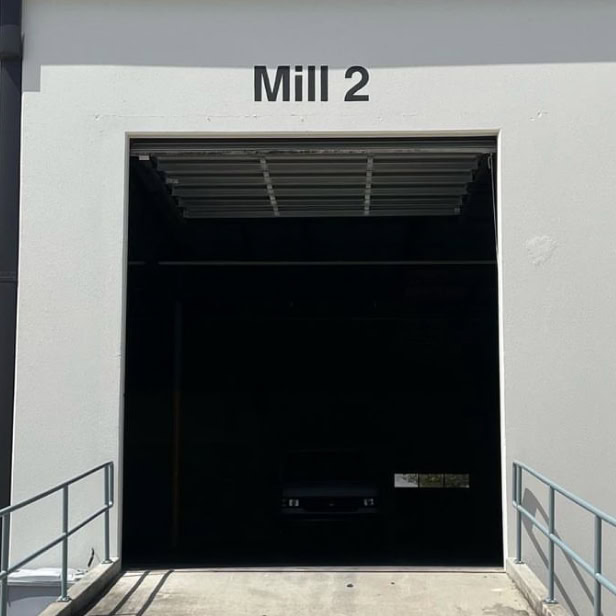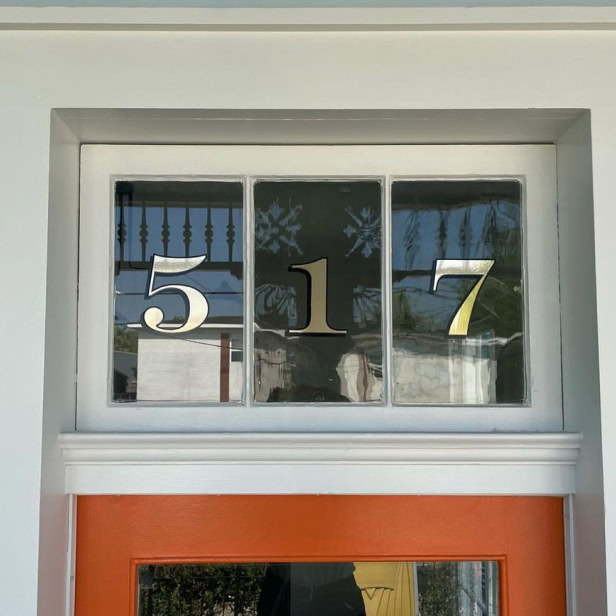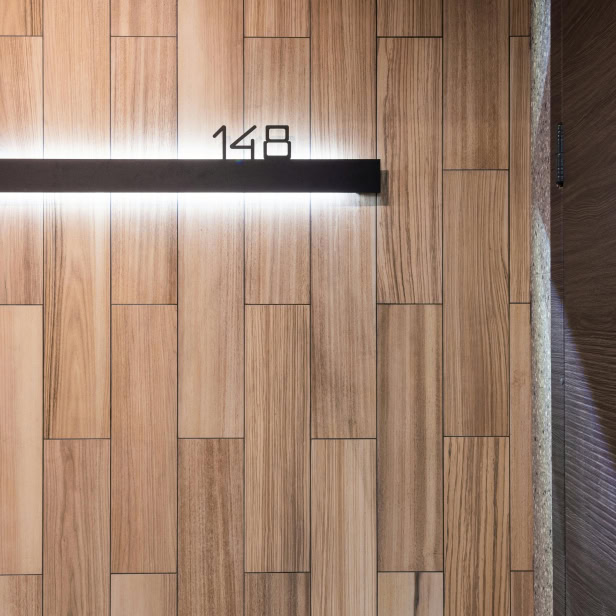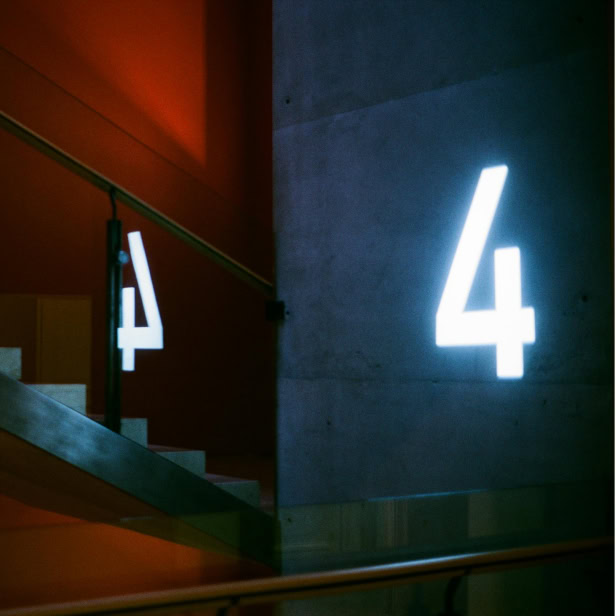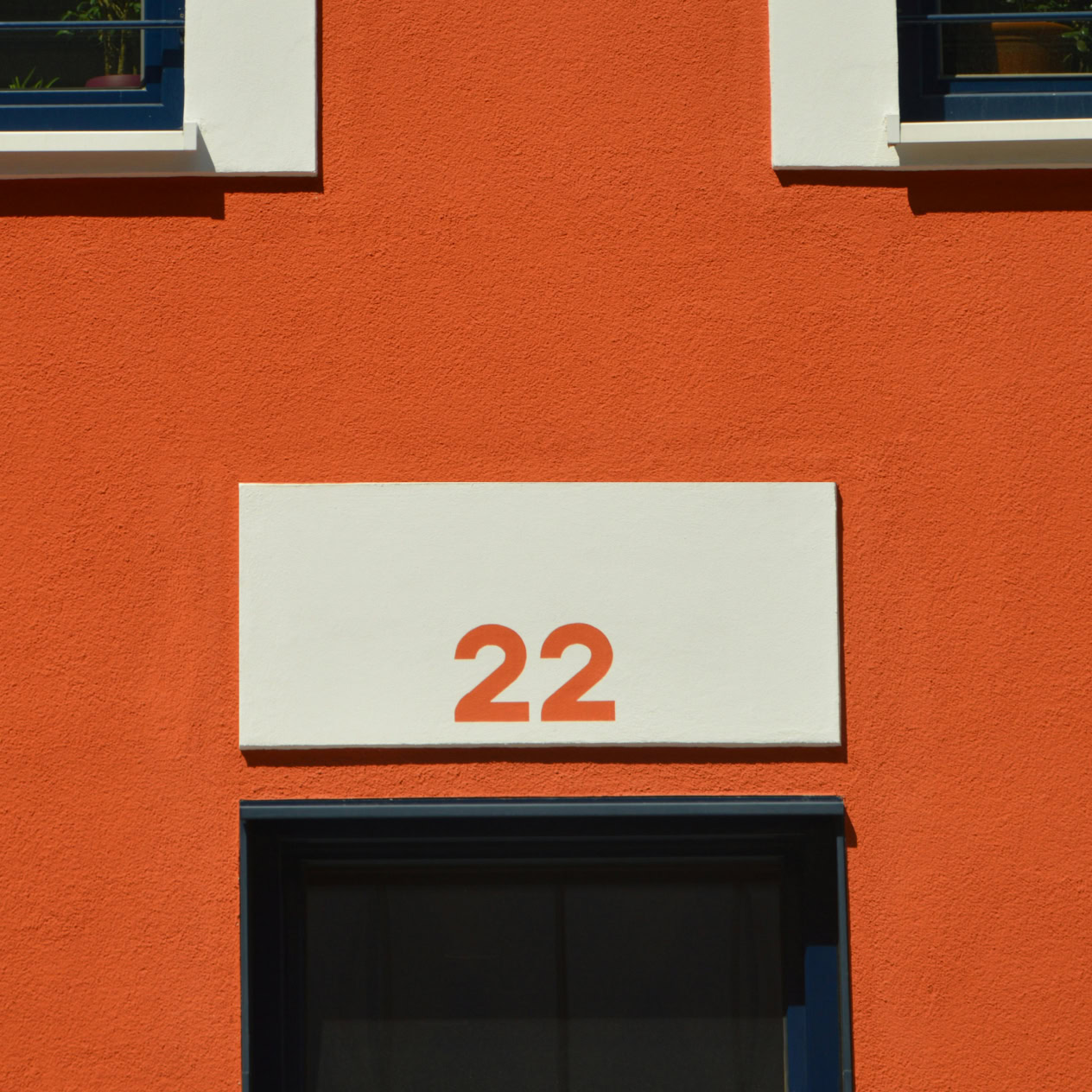
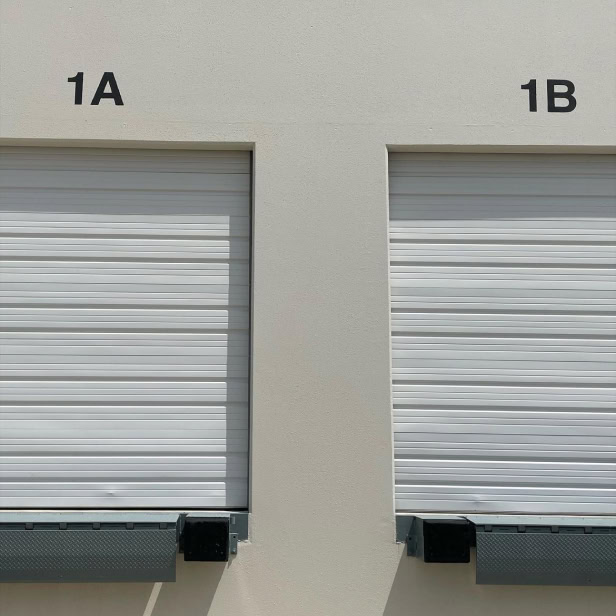



Floor Number & Door Signs
Materials and DesignSignage can be crafted from a variety of materials, including metal, acrylic, wood, and HDU, each offering different aesthetic and durability qualities. Designs can range from classic and elegant to modern and minimalistic, depending on the building’s architecture and the company’s branding.
Technological IntegrationModern signage solutions may include digital components, such as touchscreen building directories or LED-lit wayfinding signs, enhancing functionality and visibility.
BrandingCustom signs offer the opportunity to reinforce brand identity through the use of logos, company colors, and branded messaging. This is particularly important for businesses looking to make a strong first impression.
Wayfinding solutions in buildings and workspaces typically encompass four categories of signs: identification, directional, informational, and regulatory. Understanding these types can facilitate informed decisions when implementing signage systems.
While functionality is paramount, the aesthetic integration of signs within a building’s decor is also crucial. The design, color, and typography should align with the interior environment to ensure a cohesive and professional appearance. At Manhattan Sign Shop, we focus on blending form and function to create signs that are not only effective but visually appealing, enhancing the overall experience within the facility.
Compliance with NYC Guidelines
In NYC, compliance with local laws regarding safety and accessibility is essential. For example, stairwell signs must feature Braille and raised text to meet accessibility standards.
Cost and Turnaround
The cost of custom signs varies based on size, material, and level of customization. Manhattan Sign Shop offers expedited production for urgent requirements and provides professional installation services.
Four Types of Wayfinding Signs
Identification Signs
These signs label specific locations within a facility. They play a crucial role in clarifying the function of a space or identifying ownership. Common examples include door name signs, room numbers, and elevator signage.
Directional Signs
Directional signs guide visitors through a facility, ensuring easy navigation through complex layouts. They often feature arrows or other visual cues that suggest movement flow. Key examples include directional arrows, lift signs, and stair signage, which are essential in multi-level buildings.
Informational Signs
These signs provide additional, non-directional details that enhance understanding or offer general guidelines about the building. Examples include floor directory signage and informational postings about building policies.
Regulatory Signs
Focused on safety and compliance, regulatory signs enforce facility rules and legal requirements. These signs typically indicate emergency exits, no-smoking zones, and other critical regulatory information. It is vital for these signs to adhere to local and federal regulations to ensure compliance.
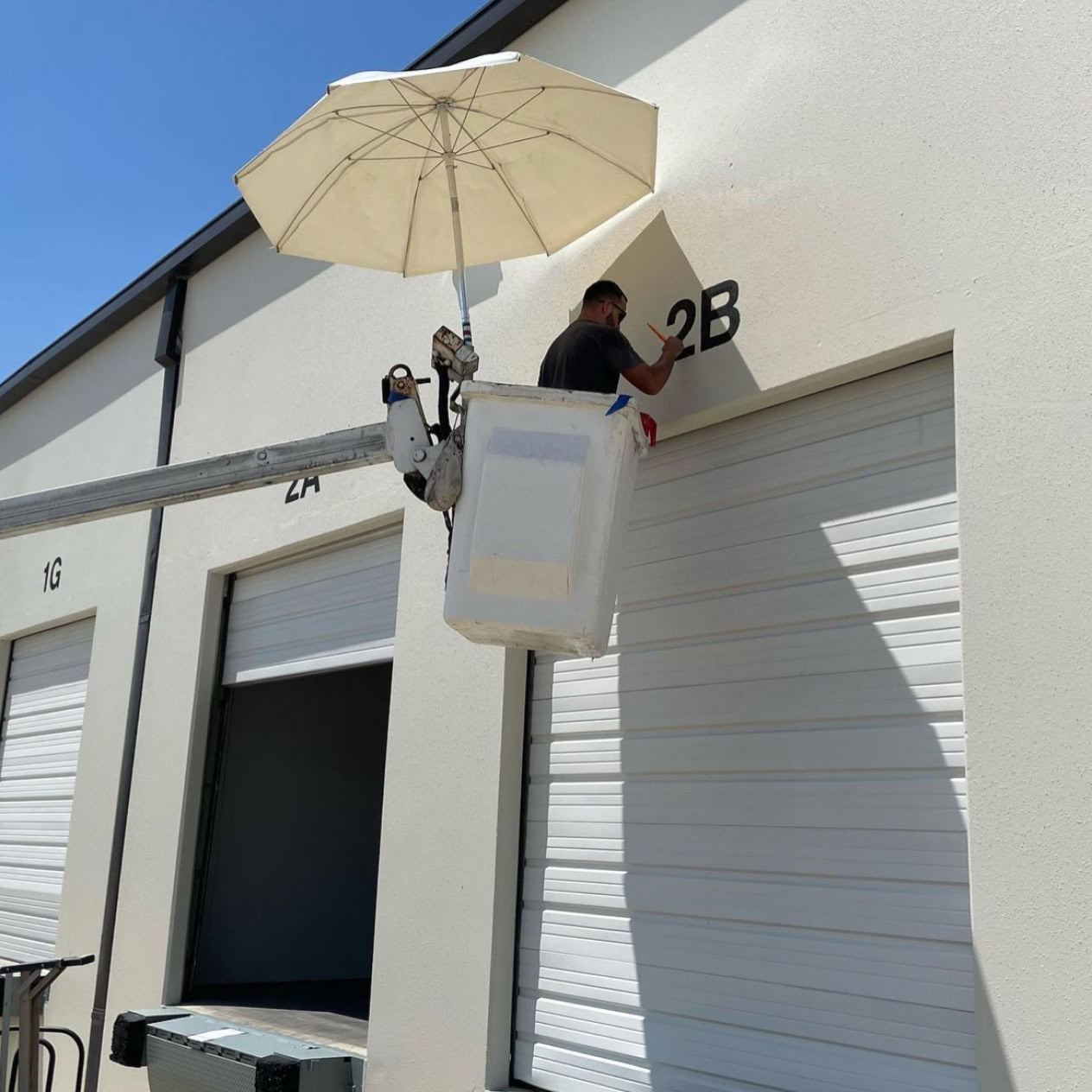
Custom Door Signs: Personalized signs on doors that can include names, logos, or numbers. These are essential for identifying offices, meeting rooms, or even elevators within a building.
Room Numbers and Door Plaques: Clearly marked room numbers ensure easy navigation within buildings, ideal for hotels, hospitals, and office settings. Door plaques may also include additional information like occupant names or titles.
Elevator and Stair Signage: Signs indicating elevator locations or stair access are critical for effective movement in multi-story buildings. This category includes elevator out-of-order signs, stairwell markers, and emergency exit directions.
Directional and Wayfinding Signs: These signs guide visitors through complex spaces with ease. They include directional arrows, directory signs for office buildings, and custom wayfinding solutions that can be adapted to the layout and design of the specific building.
Building Directory and Floor Directory Signs: Often located in main lobbies, these signs provide a comprehensive overview of the building’s layout, listing tenants, departments, or room numbers, which is especially useful in office buildings and medical facilities.
